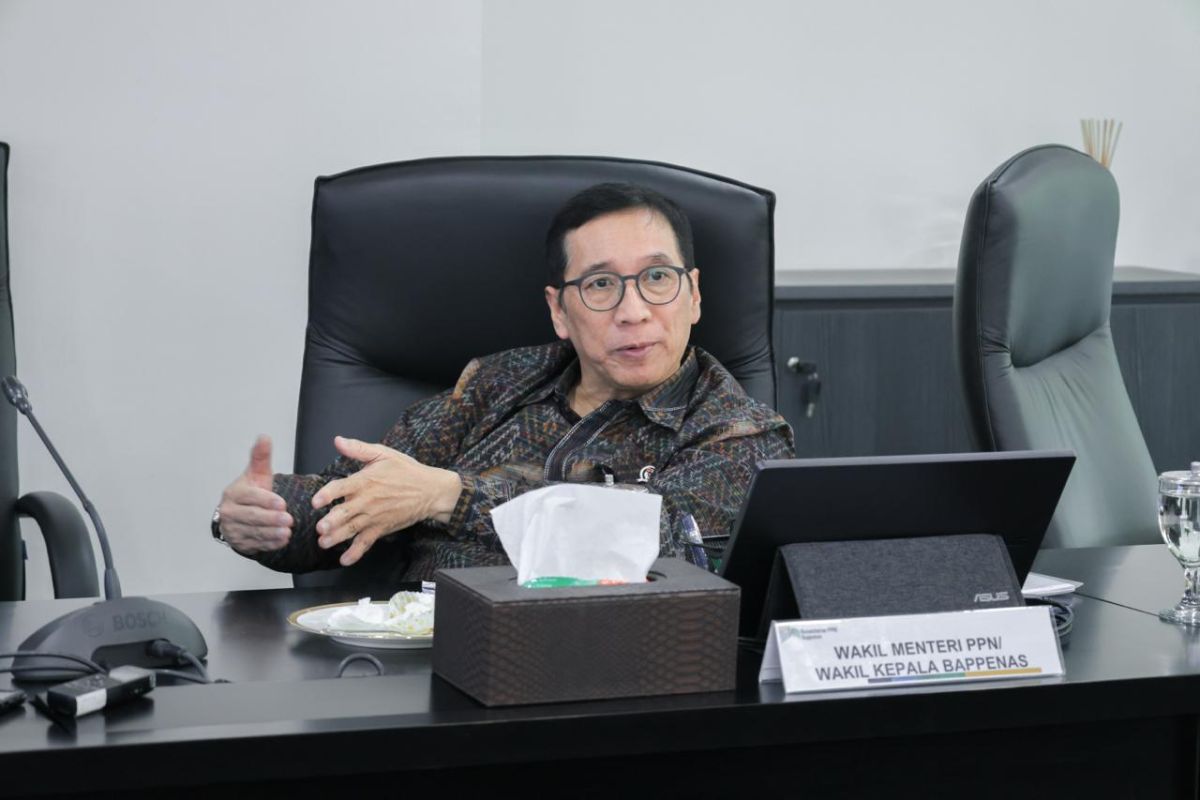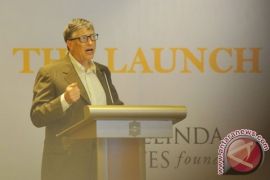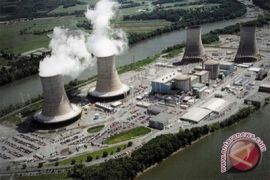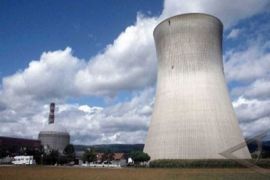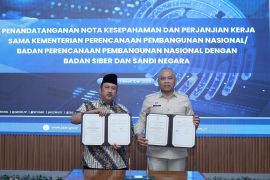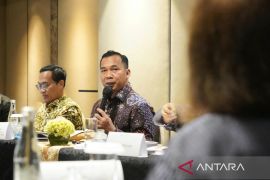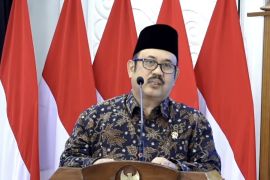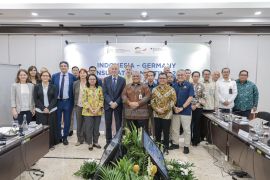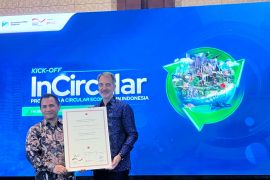"We must not go beyond our limits in planning. Because this is the moment, it cannot be repeated. If we miss it, we will continue to be trapped in discussions like this without real action," Deputy Minister of National Development Planning Febrian Alphyanto Ruddyard said.
He made the remarks during a meeting with the Nuclear Energy Research Organization of the National Research and Innovation Agency (ORTN BRIN) and PT Industri Nuklir Indonesia (Persero) in Jakarta on Monday.
For the development of nuclear power plants, Indonesia has yet to fulfill three things: national position, organizational readiness, and mapping of stakeholders.
As an initial step, Bappenas will help form a working group tasked with revising institutional issues, including a letter of recommendation to the President of Indonesia.
"The next strategic step recommendation is to form a strong and independent nuclear power plant (PLTN) acceleration team, reform nuclear energy regulations and policies, as well as establish a nuclear energy implementing agency," he informed.
At the meeting on Monday, Bappenas, ORTN BRIN, and state-owned PT Industri Nuklir Indonesia, discussed institutional changes and nuclear energy, including support for nuclear energy.
"The problem is that nuclear is often thought of as something easy, but the ecosystem has not been formed yet. This is what we have to start. This is the responsibility (of) Bappenas to plan it," Ruddyard said.
Indonesia has been planning to develop nuclear power plants for a long time to support the energy transition. However, the plan has run into socio-political and institutional issues.
"In many ways, our problems are at the macro level; we still have political issues of science and technology because of the implications for institutions," the ministry's deputy for human development and culture, Amich Alhumami, noted.
"From the public policy side, the issue and idea to build a nuclear power plant have been around for 20 years," he added.
Currently, nuclear utilization is still limited to non-energy sectors, such as health, food, and agriculture.
Indonesia is committed to achieving net zero emissions by 2060. Nuclear power is considered a clean energy source that can be developed with massive capacity in a short time, while supporting the energy transition policy.
Related news: Indonesia pursues nuclear power for energy needs, not weapons
Related news: Indonesia planning to build nuclear power plants in 2030s: BRIN
Translator: M. Baqir Idrus Alatas, Yashinta Difa
Editor: Rahmad Nasution
Copyright © ANTARA 2025
